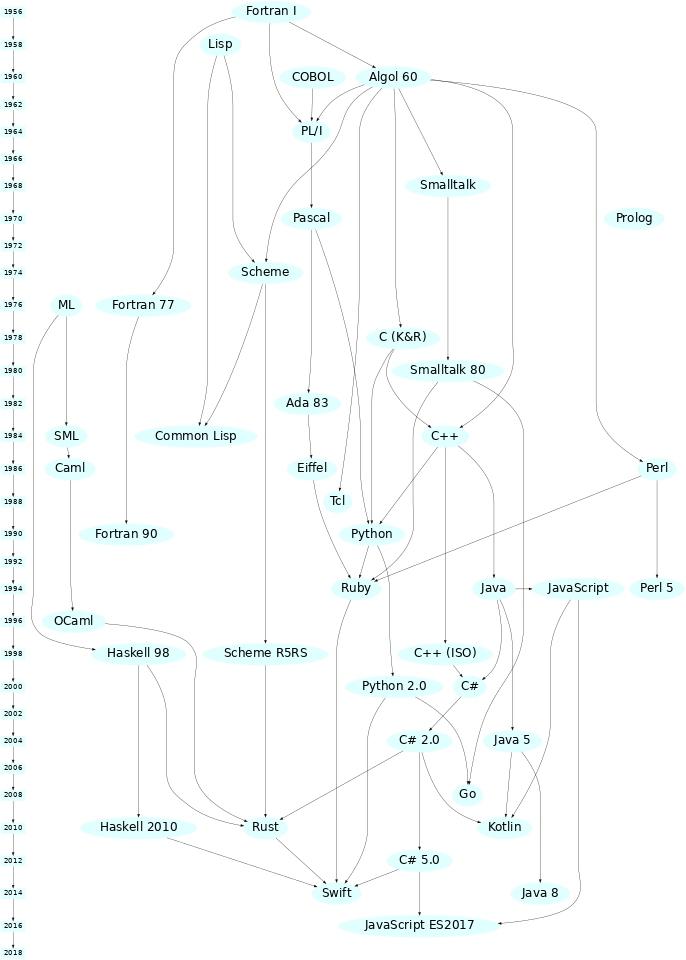Chuck(G)
25k Member
They're not the ones posting the ads--that's Personnel (HR). They probably have no idea of what they're saying.
| VCF West | Aug 01 - 02 2025, | CHM, Mountain View, CA |
| VCF Midwest | Sep 13 - 14 2025, | Schaumburg, IL |
| VCF Montreal | Jan 24 - 25, 2026, | RMC Saint Jean, Montreal, Canada |
| VCF SoCal | Feb 14 - 15, 2026, | Hotel Fera, Orange CA |
| VCF Southwest | May 29 - 31, 2026, | Westin Dallas Fort Worth Airport |
| VCF Southeast | June, 2026 | Atlanta, GA |
Nobody (I think) is disparaging BASIC. Like a lot of other languages, however, it's very tolerant of bad programming practices.
I remember writing a bubble sort routine in MS-DOS BASIC which sorted out close to a thousand telephone numbers. The thing was working through 4 or 5 fields and the office staff ran it on an AT 286 at quitting time and it was still churning away in the morning when they came in. I soon learned to use DOS based 'Alpha 4' database with a comma delimited routine for that. None of us in the office were programmers although I did have some college level assembly and BASIC behind me.I cringe when looking at my BASIC code from the 80's and some of it even made it into magazines at the time.
I remember writing a bubble sort routine in MS-DOS BASIC which sorted out close to a thousand telephone numbers. The thing was working through 4 or 5 fields and the office staff ran it on an AT 286 at quitting time and it was still churning away in the morning when they came in. I soon learned to use DOS based 'Alpha 4' database with a comma delimited routine for that. None of us in the office were programmers although I did have some college level assembly and BASIC behind me.
Running BASIC programs on a 286 would have been slow which is why people used a C (not C++) and assembly back in the day for speed. The thing is today where most CPUs have very fast cores and quite a few of them I am surprised BASIC has not made a huge comeback. It probably has to do with most people using a computer like a consumer and not needing to program anything since they can find dozens of finished apps that will do it online. But for the few that need to do some custom task BASIC on a modern machine would be kind of fun.
I hear you. What's even more astonishing is why FORTRAN hasn't come roaring back.
I hear you. What's even more astonishing is why FORTRAN hasn't come roaring back.
university offering fortran courses
The point is it's an old language the use of which is in decline. To talk to a younger generation you'd get the impression scientists primarily use Python, I suspect there isn't absolute truth to that.
... Curious if any other languages go through the levels of optimization to the extent that some F* compilers do.
The point is it's an old language the use of which is in decline. To talk to a younger generation you'd get the impression scientists primarily use Python, I suspect there isn't absolute truth to that. More are using C, yes still using GF*. I wasn't knocking it, Fortran is a simple easy to understand language like basic. But just because relatively few colleges offer it doesn't mean it's used to the extent it was 25+ years ago.


